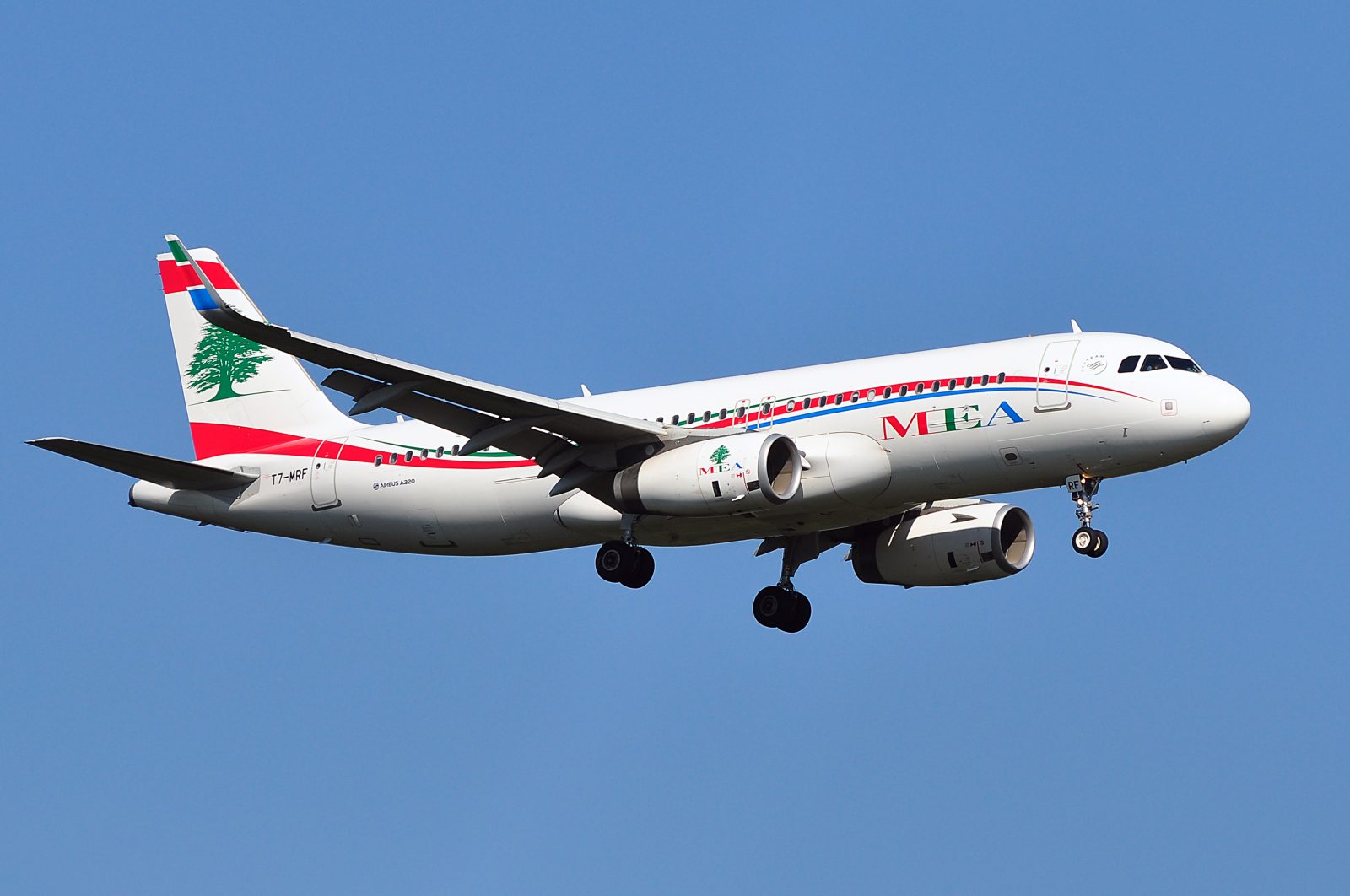
Lebanese authorities have placed a ban on passengers carrying pagers and walkie-talkies on all flights from Beirut’s Rafic Hariri International Airport following a deadly intelligence operation that targeted the Hezbollah militia group with its own communication devices.
Thousands of Hezbollah militants were injured, and several people were killed across Lebanon after booby-trapped pagers and walkie-talkies were remotely detonated earlier this week in an audacious and secretive operation that not only blindsided Hezbollah but also many Western governments.
Pagers that were recently bought by Hezbollah in an attempt to secure its communications network from external influence were compromised during the manufacturing process, and a type of explosive known as PETN is believed to have been hidden beside the battery.
On Tuesday, the pagers were remotely detonated and although blame for the attack has fallen on Mossad, the Israeli government has neither confirmed nor denied its involvement in the operation.
As it stands, there is no way of knowing whether other communication devices, including existing pagers and walkie talkies, have also been compromised and could still be in circulation.
As a result, Lebanon’s Directorate General of Civil Aviation has decided to ban passengers from carrying pagers or walkie-talkies on any flights departing the country’s main airport in Beirut.
The ban applies to both checked and hand luggage, along with cargo, according to a post on X from Qatar Airways, which first made the safety policy public.
Qatar Airways said the ban would remain in force until further notice.
The ban is a reminder of the infamous US laptop ban that was slapped on several Middle Eastern countries in March 2017 over fears that terrorists were planning an attack on airlines by planting high explosives in laptop computers and other electronic items.
For several months, passengers were banned from carrying laptop computers in their hand luggage on flights to the United States when flying with the likes of Emirates, Etihad Airways, Qatar Airways and Royal Jordanian.
A similar ban was also briefly introduced by the British government after their own intelligence services came to the conclusion that an attack was being plotted.
In the end, the US lifted its ban just months later in July 2017 after airports across the Gulf introduced new security screening procedures. Further details of the plot were never made public by officials.
In June, Lebanese officials dismissed a claim made by British newspaper The Telegraph that Beirut’s Rafic Hariri Airport was being used by Hezbollah to smuggle and stockpile weapons flown in from Iran.
Whistleblowers cited by The Telegraph claimed they had seen “unusually big boxes” arriving at the airport on international flights and that high-level Hezbollah commanders had been spotted at the airport.
Some of the weapons reported to be at the airport, according to the newspaper, included Falaq unguided artillery rockets, Fateh-110 short-range missiles, road-mobile ballistic missiles and M-600 missiles.
Other weapons said to be at the airport included T-14 Kornets, laser-guided anti-tank guided missiles and the explosive substance RDX.
Mateusz Maszczynski honed his skills as an international flight attendant at the most prominent airline in the Middle East and has been flying ever since... most recently for a well known European airline. Matt is passionate about the aviation industry and has become an expert in passenger experience and human-centric stories. Always keeping an ear close to the ground, Matt's industry insights, analysis and news coverage is frequently relied upon by some of the biggest names in journalism.







